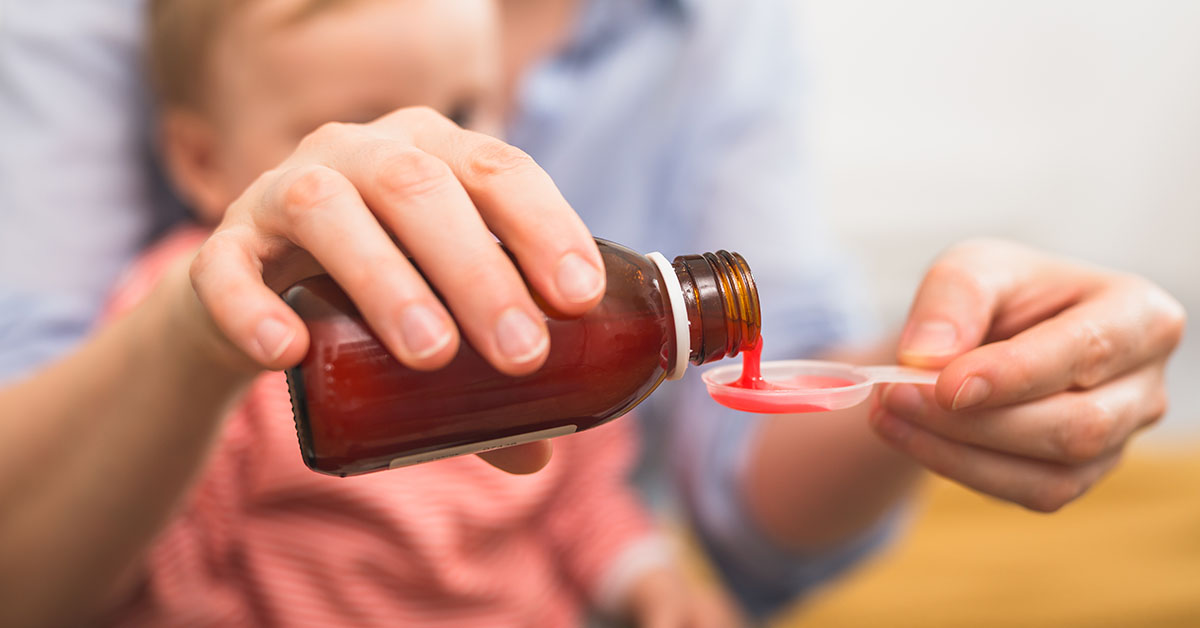Essential Guide to Over-the-Counter Medications for Sick Children in the U.S.
Essential Guide to Over-the-Counter Medications for Sick Children in the U.S.
When your child falls ill, having the right over-the-counter (OTC) medications at home can help manage symptoms and provide relief. Here’s a guide to commonly used children’s medications, their uses, and important safety precautions.
1. Must-Have Medications for Common Illnesses
Fever and Pain Relief
- Acetaminophen (Tylenol) – Used for reducing fever and relieving mild pain.
- Ibuprofen (Motrin, Advil) – Helps with fever and inflammation (only for babies 6 months and older).
Cold and Congestion Relief
- Saline Nasal Spray/Drops – Clears nasal congestion and moisturizes dry nasal passages.
- Humidifier/Vapor Rubs – Helps ease congestion and soothe breathing.
- Honey (for children over 1 year old) – Natural cough suppressant.
Digestive Issues
- Simethicone (Mylicon, Gas-X) – Helps relieve gas and bloating in infants.
- Pedialyte – Prevents dehydration from vomiting or diarrhea.
- Probiotics – Supports gut health and may ease colic symptoms.
Allergy Relief
- Diphenhydramine (Benadryl) – Treats allergic reactions, but not recommended for infants under 2 without medical advice.
- Cetirizine (Zyrtec) or Loratadine (Claritin) – Non-drowsy antihistamines for seasonal allergies.
2. Safe Usage Guidelines
- Always follow the dosage instructions based on your child’s weight and age.
- Do not give aspirin to children under 18 due to the risk of Reye’s Syndrome.
- Check active ingredients to avoid accidental overdoses when using multiple medications.
- Use proper measuring tools (syringes or medicine cups) instead of household spoons.
3. When to Call a Doctor
- Fever above 100.4°F (38°C) in infants under 3 months.
- Persistent vomiting or diarrhea causing dehydration.
- Breathing difficulties, severe cough, or wheezing.
- Signs of an allergic reaction (swelling, rash, difficulty breathing).
4. Storing Medications Properly
- Keep medications in a cool, dry place away from direct sunlight.
- Store all medicines out of children’s reach and in child-proof containers.
- Check expiration dates regularly and dispose of expired medications safely.
5. Alternatives to Medication
- Hydration, rest, and warm baths can be just as effective for minor illnesses.
- Offer nutrient-rich foods to support the immune system.
- Consult a pediatrician before using home remedies or alternative treatments.
Conclusion
Having the right OTC medications on hand can help manage your child’s symptoms effectively. Always follow safe dosing guidelines, consult a pediatrician when necessary, and store medications properly to ensure your child’s health and safety.
SEO Keywords: children’s medicine guide, safe fever reducers for kids, best cold medicine for babies, pediatric medication safety, OTC meds for kids
amazon best seller






Comments